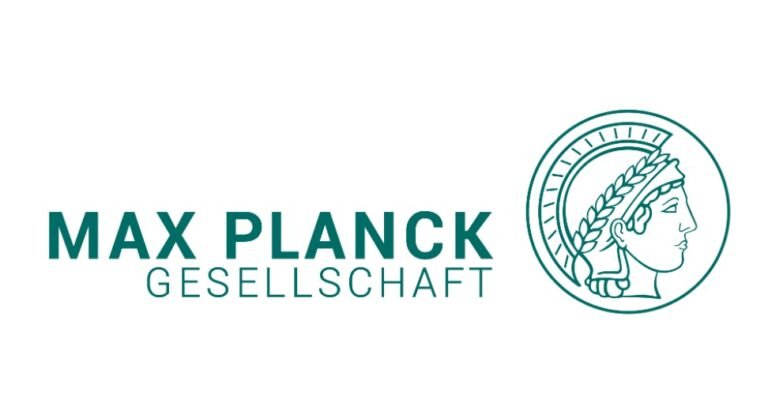A Postdoctoral Position in computer science and/or computational astrophysics in the ERC-AdG research group TiPPi at the Planet and Star Formation Department, Max Planck Institute for Astronomy (MPIA), Heidelberg (Ref. 380)
The Max Planck Institute for Astronomy (MPIA) in Heidelberg is seeking dedicated and highly qualified postdoctoral researchers with computational and/or astrophysical backgrounds to join the research group led by Prof. Hubert Klahr, funded by the European Research Council (ERC) Project Tippi: Turbulence, Pebbles and Planetesimals: The Origin of Minor Bodies in the Solar System.
The solar system’s minor bodies, asteroids, trojans, comets and Kuiper belt objects, are leftover planetary building blocks called planetesimals. The largest of these planetesimals grew into planets through collisions and the accretion of large grains called pebbles. Despite their importance we still do not know where and when they were born in the solar nebula.
Therefore we will develop a innovative types of numerical experiment connecting three stages of planetesimal formation in three interlinked work packages. WP1: Lagrangian filter methods for the analysis of turbulence, combined with Machine Learning for pebble sizes and dust opacities, WP2: a hybrid Eulerian adaptive mesh refinement code for the solar nebula connected internally with a tree-code for the pebbles and WP3: an implicit Lagrangian fluid method to treat the elasticity and porosity evolution of the forming planetesimals.
MPIA researchers have preferential access to our super-computing facilities in Garching, including our VERA cluster with 110 nodes of 72 cores each plus 3 nodes with 4 Nvidia A100-40GB GPUs each, dedicated to theory groups of MPI Astronomy as well as to the MPG – RAVEN and COBRA HPC clusters.
Your tasks
The successful candidate will be responsible to develop, test, document and apply a novel implicit time integrator for Lagrangian hydro codes in the astrophysical context to study the shape, internal structure and dynamical properties of the primordial asteroid and comet populations. The approach will explore two possibilities: Implementing the missing gravity physics in open source implicit Lagrangian codes like SPlisHSPlasH and alternatively developing an implicit integrator for GIZMO, supported by one PhD student also funded via TiPPi.
You will be part of a dedicated project comprising the PI, three post docs and three PhD students in total with the joint goal to self consistently form asteroids and comets in a turbulent solar nebula. The ERC group is part of the theory group (headed by Hubert Klahr) within the Planet and Star Formation department. Our Postdoctoral researchers will find a scientifically stimulating environment at MPIA with theorists and observers in the fields of planet and star formation, exo-planetary atmospheres, galaxies and cosmology.
Your profile
Applicants should have a PhD in computer science, physics, astrophysics, or a closely related field. Experience with GPU and parallel coding, numerical methods and visualisation would be beneficial.
Our offer
Appointments are anticipated for an initial period of three years with possible extensions for up to five years. MPIA provides funds for publications, travel and computer equipment. The remuneration is based on the German collective wage agreement for the public sector (TVöD) depending on qualification and experience in level E14. Social benefits are granted according to the regulations for public service. There is flexibility in starting dates, with preference for starting dates in the second half of 2024.
Your application
Interested candidates should provide the following in their application:
- cover letter (1-2 page)
- brief CV (max. 3 pages)
- publication list
- brief research statement (including past, current, and future research – max. 3 pages not inc. references)
Please compile all documents in the order listed above in a single pdf file (max. 10 MB).
Please also arrange for three letters of reference to be provided separately (further details will be provided once registered in the online application system).
All application materials are due by October 31, 2024 and must be submitted using the online application system apply here
For inquiries, please contact Hubert Klahr (klahr@mpia.de). For assistance in submitting the application, contact Frank Richter (techsupportcareer@mpia.de).
The Max Planck Society strives for gender equity and diversity. We welcome applications from all backgrounds. Furthermore, the Max Planck Society aims to increase the proportion of women in areas where they are underrepresented. Women are therefore explicitly encouraged to apply. A good work-life balance is an important concern for us at the Institute. We offer our employees flexible working hours and provide support in finding suitable childcare facilities. The Max Planck Society has set itself the goal of employing more severely disabled people. Applications from severely disabled persons are expressly encouraged. If you have any questions about equal opportunities, please contact the Equal Opportunity Officer (equality@mpia.de), or Ralf Launhardt (rl@mpia.de) on the subject of severe disabilities.






